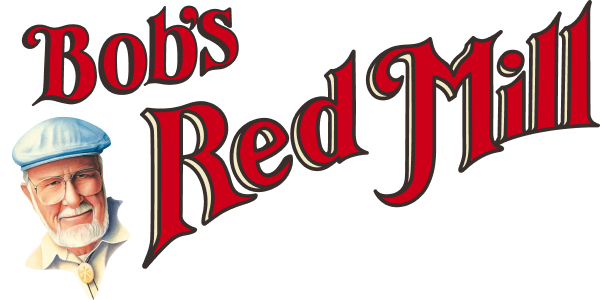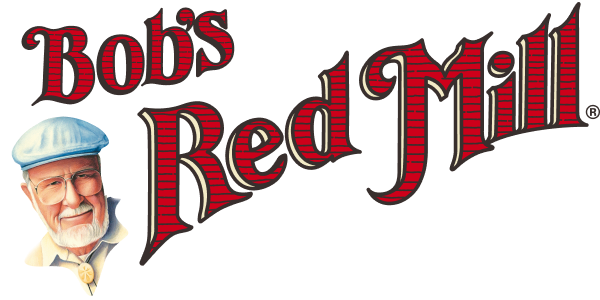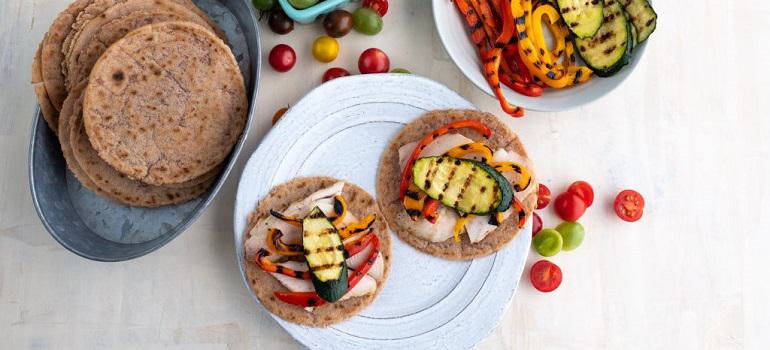


 To answer the burning question, Is cassava flour gluten free? yes, cassava flour is derived from the cassava root, which is entirely gluten free. Nowadays, grocery store aisles are stocked with many gluten free flour options, leaving you to choose which one to bake with. While almond flour is a popular gluten free go-to, cassava flour is quickly challenging its first-place title. But what is cassava flour, what is cassava flour made of and what can you bake with it?
Cassava, also commonly referred to as yuca root, is a fibrous, starchy and tuberous root vegetable most widely found in South America, Africa and Asia. Used as a staple in cuisines around the world, cassava root can be prepared similarly to potatoes, juiced or ground into flour. When dried and ground, cassava flour boasts a neutral taste and a texture that is similar to wheat flour.Because it's low in sugar and minimally processed, it has been deemed a paleo-friendly ingredient.
To answer the burning question, Is cassava flour gluten free? yes, cassava flour is derived from the cassava root, which is entirely gluten free. Nowadays, grocery store aisles are stocked with many gluten free flour options, leaving you to choose which one to bake with. While almond flour is a popular gluten free go-to, cassava flour is quickly challenging its first-place title. But what is cassava flour, what is cassava flour made of and what can you bake with it?
Cassava, also commonly referred to as yuca root, is a fibrous, starchy and tuberous root vegetable most widely found in South America, Africa and Asia. Used as a staple in cuisines around the world, cassava root can be prepared similarly to potatoes, juiced or ground into flour. When dried and ground, cassava flour boasts a neutral taste and a texture that is similar to wheat flour.Because it's low in sugar and minimally processed, it has been deemed a paleo-friendly ingredient.
 Cassava flour also serves as a great substitute for wheat flour. However, it does have slight differences. To ensure that your baked goods result in success, follow the tips for baking with cassava flour below.
Cassava flour also serves as a great substitute for wheat flour. However, it does have slight differences. To ensure that your baked goods result in success, follow the tips for baking with cassava flour below.
 Ready to begin your journey with cassava flour? Here are some excellent cassava flour recipes for beginners.
Ready to begin your journey with cassava flour? Here are some excellent cassava flour recipes for beginners.